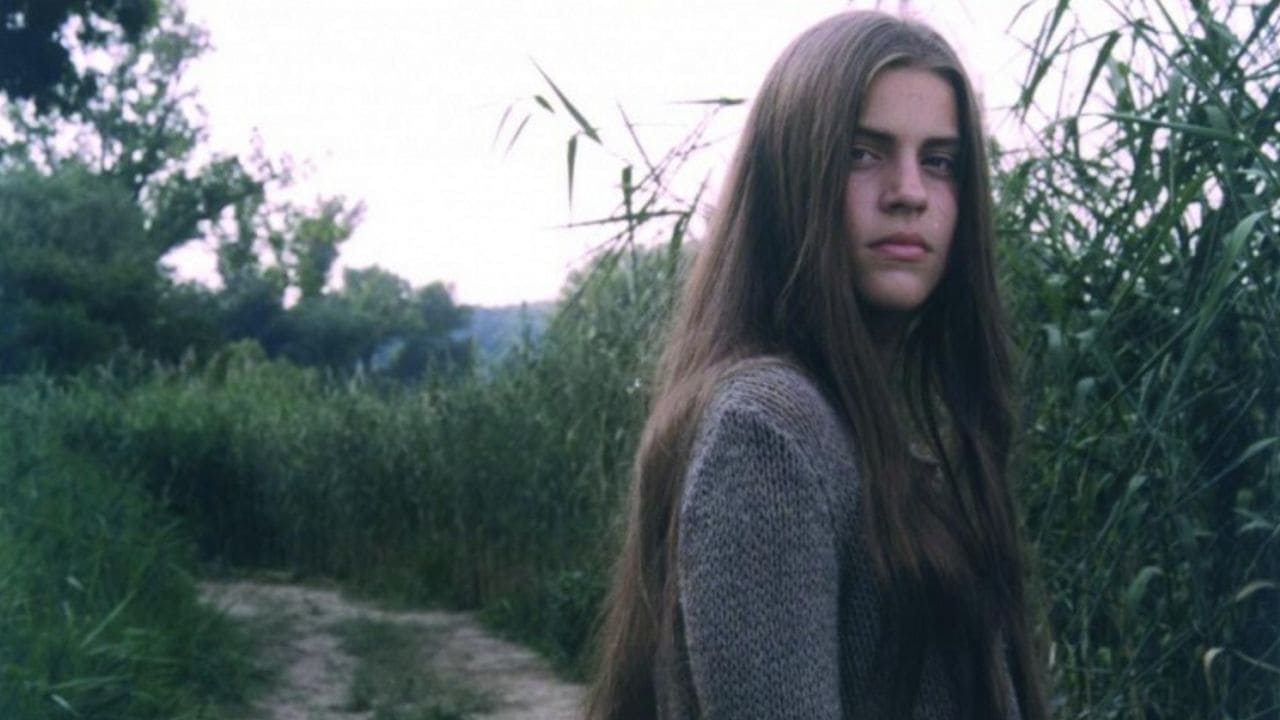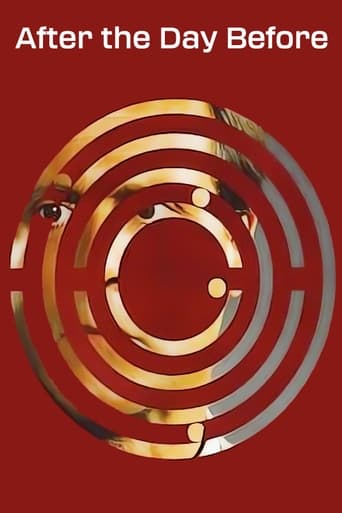

I saw this film years ago and it really stuck with me. Long, brooding shots, cinematography that evokes Tarkovsky, deserted landscapes and intense characterization. So many films from this part of the world that have never been seen by most people - it brings to mind another Hungarian film 'Time Stands Still', a masterpiece which remains in obscurity today. Masnap I somehow acquired on a busted old VHS tape, and have watched the film repeatedly in that format. It has proved difficult to acquire a better copy. I've seen two of Attila Janisch's films, and found they both contained a strong, clear vision and a haunting tone. I hope to see more.
... View MoreStrange and mixed responses. At no point in this film did I feel dislocated from the plot, even the time-line was within a somewhat tenuous reach but at all times I was certain where and how this story would conclude. I may have had an unfair advantage in reading a novel called 'the Voyeur' by Alain Robbe- Grillet, it won the Prix Des Critiques (the novel not the film). It came as a surprise to see no mention at all of this book in relation to the film, some changes in the story have been made, but certainly not enough to completely liberate it from what was obviously the inspiration. I can only imagine with much remorse at having some knowledge of the story how intriguing a movie this would be for a virgin audience.I won't spoil the film nor the book by trying to explain the plot, but more to the point just say that this is one hell of an interpretation. Excellent even.
... View MoreI saw this film at the Seattle International Film Festival. The director was in attendance and provided much insight on the deeper themes of the film. It is based on a true story.He said he tried to make it like real life, as you are going along the little fragments or events may not seem very important, but when you get to the end and look back then you see their impact. He also said that the landscape was the most important character in the film. The film was divided into chapters; The Sky, The Dust, The Wind and The Road. To me these reflected the elements of the painting that the camera repeatedly lingered on during the film. Yes, it is depressing. But I think there is more. This film is about evil and the way it grows. The nameless man starts off as an innocent bystander. Picking up bits and pieces of the characters conversations he starts to form an opinion about a girl he has never met. In the scene where he inspects her room, you can almost see the hatred growing within him. Hatred for some vile woman who only exists in his head. By the end it completely consumes him and he stalks her through the grass (in a hauntingly beautiful overhead shot), then rapes and kills her.The director said it's about sin. It is about social responsibility. Was it partly the villager's fault that this man killed the girl? So often we think our words have no effect, it is only a little comment, I am not going out and murdering anyone, but these can have bigger consequences than we may think.
... View MoreA man wanders through an almost dystopian landscape, trying to find an old farmhouse he has inherited. The people he meets are a bit strange some ask him to kill someone for them, or try to seduce him, or get him to drink alcohol or just act plain damn weird. But there again, he's pretty weird himself.This experiment in non-linear storytelling maybe has elements I couldn't figure. Every time I thought I might have a handle on it, the meaning eluded me. It's told in four chapters - The Sky, The Dust, The Wind, The Road. In the packed UK premiere at the Edinburgh International Film Festival, two people fell asleep within yards of me well before the third chapter. This is admittedly two hours of experimental film making that might be viewed as fairly soporific. The actors utter occasional lines with long silences between, as if each phrase had some deep significance. The gestures and movements follow the same pattern. The denouement partly explains, at least in the sense of a who-dunnit but fails to fit the pieces together in a logical pattern as far as I could see. The setting is a rural, run-down area of Hungary. The film looks as if it was shot on a nominal budget. As a psychological essay it is perhaps more satisfying as with early Lynch, the experience is not about having a simple straightforward plot with all the pieces explained and ends tied up with a ribbon. Where the film fails is that it is less interesting that early Lynch. The long pauses verge on being pretentious: but for those who like an enigma (solvable or not), After the Day Before has all the ingredients to allow you to stay up asking each other, so what do you think *that* was about??
... View More